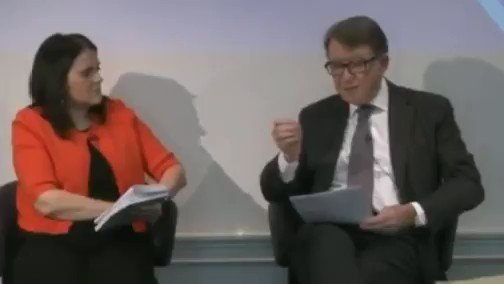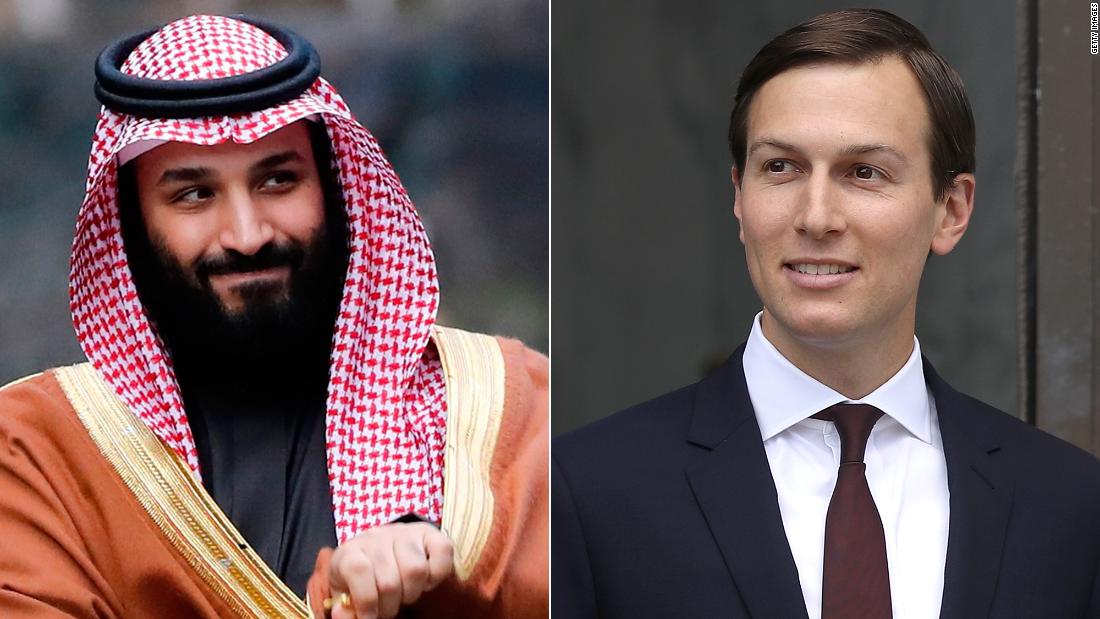1. This is not correct by @BBCRosAtkins
New video on why the EU\u2019s approach to these Brexit trade talks should not come as a surprise. Whether you approve or not. Featuring @BBCChrisMorris @anandMenon1 & with thanks to colleagues Andrew Walker and Kevin Connolly. pic.twitter.com/ILeJAoSlRo
— Ros Atkins (@BBCRosAtkins) December 10, 2020
The EU demanded more alignment from Ukraine for 99% tariff reduction than it is asking from the UK for 100% tariff reduction.
The EU has never used dynamic alignment purely for LPF and outside the context of the DCFTA, and as @DavidHenigUK points out, it appears to need ironing out.
https://t.co/mc5BtSSpiZ
But note, there was no EU text precedent. Hence the first EU level playing field proposal contained non regression and a ratchet, but fudged enforcement, by suggesting implausibly, the establishment of new domestic bodies. 12/ pic.twitter.com/6irbr906rG
— David Henig (@DavidHenigUK) December 11, 2020
Here is Peter Mandelson at the time explaining that.

There was lots of unprecedented things in that deal.
We can probably not expect much in terms of our future trade deals outside the EU.



















